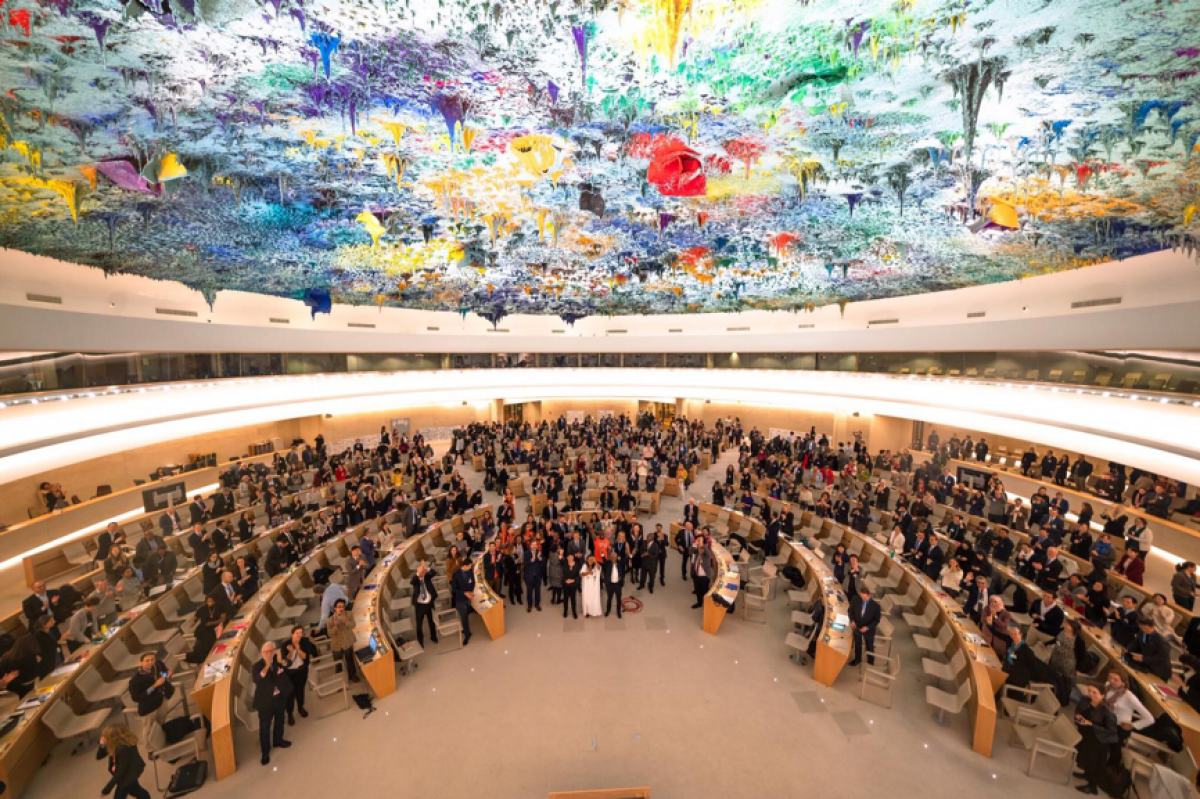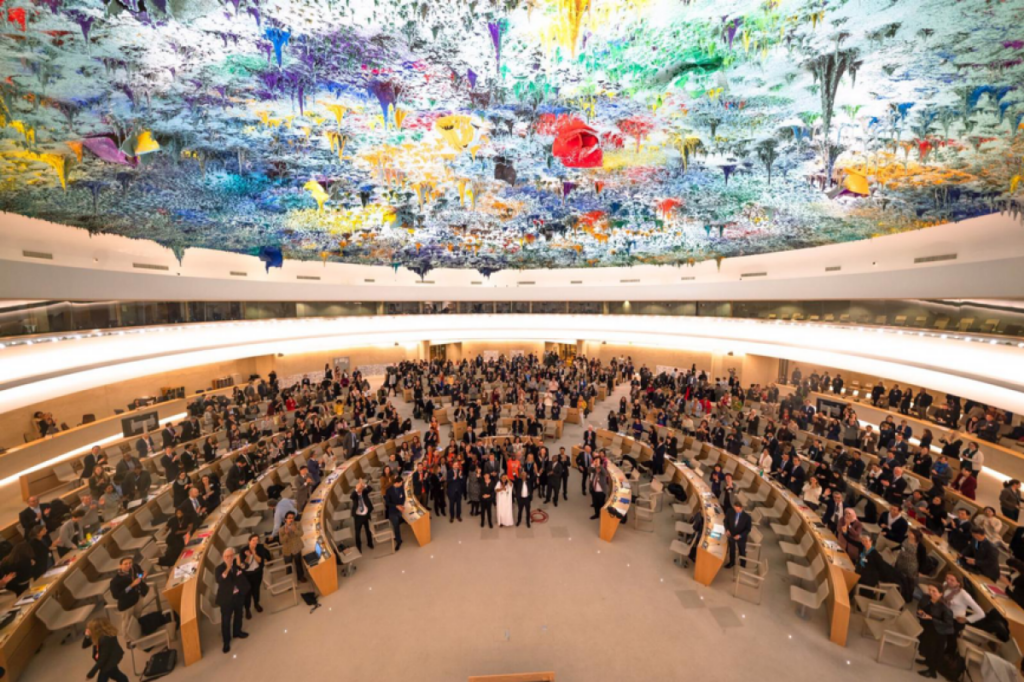
Progress and challenges: Recap of 2023 UN Binding Treaty Negotiations on Business and Human Rights
Between October 23 and 27, representatives from various states gathered at the UN Human Rights Council in Geneva to negotiate the 2023 revised draft treaty on business and human rights. This session marked a pivotal moment to confront the shortcomings in the international framework, which is currently characterised by corporate impunity for human rights and environmental violations.
Business activity has a major impact on the environment and human rights globally. Strong and enforceable regulations are therefore essential for accountability and justice to those affected by corporate misconduct.
SOMO strongly supports the ongoing efforts aimed at achieving a binding UN instrument, and is concerned that after nine sessions, the negotiating process remains divisive for participating states, despite strong civil society support.

The negotiation process
During the negotiation, aimed at achieving meaningful consensus among member states, various civil society organisations (CSOs) expressed reservations about the updated draft of the Treaty. CSOs noted significant changes compared to previous versions, such as weakened protection and access to effective remedies for rights-holders.
The ninth session witnessed strong procedural debates and substantive discussions on the Treaty’s preamble and first three articles. Different positions on the scope of Article 3 led to ongoing debates on which types of companies should be covered by the instrument, with arguments for all enterprises versus only transnational corporations.
Concerns were raised about missing elements, including calls for explicit references to environmental protection, consultations with trade unions, and enhanced provisions for marginalised groups. Consistently, the negotiations also underscored the importance of a victim-centred approach.
In response to the ongoing armed conflict in Israel/Palestine, CSOs urged the inclusion of reference to international humanitarian law in the instrument, emphasising stronger human rights due diligence for businesses in conflict zones, aligned with the UN Guiding Principles.
States adopted conclusions proposing a solid methodology for continued negotiations, emphasising the need for additional human and financial resources.
SOMO’s contributions
SOMO, together with the International Federation for Human Rights (FIDH) and other partners, prepared three oral statements focusing on Articles 6 (prevention/due diligence), 7 (access to remedy), and 8 (legal liability). These statements, unfortunately, couldn’t be presented due to the negotiations not progressing to that stage. The emphasis was on aligning with existing due diligence standards, improving specificity for access to remedy, and establishing robust avenues for legal liability, especially for parent/lead companies.
Looking ahead
A draft report was adopted on October 27, 2023. The Chair-Rapporteur will work with a group of “Friends of the Chair” to conduct consultations, aiming to release a new draft of the treaty at the 55th meeting of the Human Rights Council in March 2024. This draft will incorporate inputs from recent negotiations and upcoming consultations.
The working group also acknowledged the lack of consensus on fundamental issues and stressed the need for political will to move forward. Suggestions for inter-sessional consultations on thematic issues and regional consultations were also raised, with an emphasis on realism regarding financial resources and capacities.
Do you need more information?
-

Lydia de Leeuw
Researcher
Related news
-
 CSDDD Datahub reveals law covers fewer than 3,400 EU-based corporate groupsPosted in category:News
CSDDD Datahub reveals law covers fewer than 3,400 EU-based corporate groupsPosted in category:News David Ollivier de LethPublished on:
David Ollivier de LethPublished on: -
 Additional evidence filed against Booking.com for profiting from illegal settlementsPosted in category:News
Additional evidence filed against Booking.com for profiting from illegal settlementsPosted in category:News Lydia de LeeuwPublished on:
Lydia de LeeuwPublished on: -
 The hidden human costs linked to global supply chains in ChinaPosted in category:News
The hidden human costs linked to global supply chains in ChinaPosted in category:News Joshua RosenzweigPublished on:
Joshua RosenzweigPublished on:

